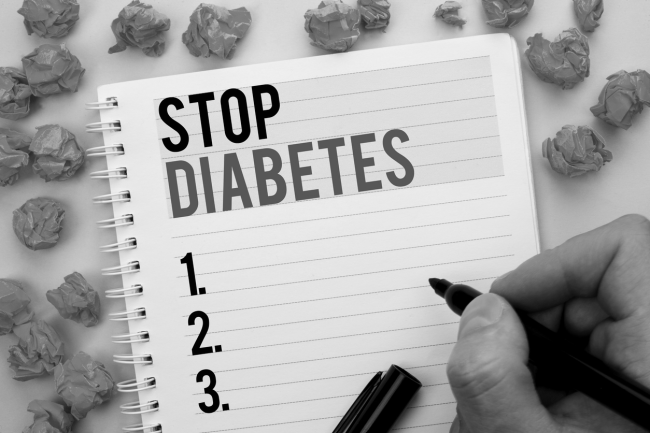Archives
Stay up-to-date and on top of your health with our e-Newsletter and receive updates on current treatments and vital health issues.
How do you score? Find out your risk of developing diabetes in the next 5 years…

Many Australians are going about their day to day lives having undiagnosed type 2 diabetes Many others, particularly those over 40 years of age, are at high risk of developing type 2 diabetes as a result of genetics and unfavourable lifestyle factors such as physical inactivity and poor nutrition.
Find out your risk of developing type 2 diabetes in the next 5 years by answering these 10 questions or click here to answer the questionnaire online https://www.diabetesaustralia.com.au/risk-calculator …
- Your age group
Under 35 years – 0 points
35 – 44 years – 2 points
45 – 54 years – 4 points
55 – 64 years – 6 points
65 years or over – 8 points
- Your gender
Female – 0 points
Male – 3 points
- Your ethnicity/country of birth:
a. Are you of Aboriginal, Torres Strait Islander, Pacific Islander or Maori descent?
No – 0 points
Yes – 2 points
b. Where were you born?
Australia – 0 points
Asia (including the Indian sub-continent), Middle East, North Africa, Southern Europe – 2 points
Other – 0 points
- Have either of your parents, or any of your brothers or sisters been diagnosed with diabetes (type 1 or type 2)?
No – 0 points
Yes – 3 points
- Have you ever been found to have high blood glucose (sugar)?
No – 0 points
Yes – 6 points
- Are you currently taking medication for high blood pressure?
No – 0 points
Yes – 2 points
- Do you currently smoke cigarettes or any other tobacco products on a daily basis?
No – 0 points
Yes – 2 points
- How often do you eat vegetables or fruit?
Every day – 0 points
Not every day – 1 point
- On average, would you say you do at least 2.5 hours of physical activity per week (for example, 30 minutes a day on 5 or more days a week)?
Yes – 0 points
No – 2 points
10. Your waist measurement taken below the ribs (usually at the level of the navel, and while standing)
The correct place to measure your waist is halfway between your lowest rib and the top of your hipbone, roughly in line with your navel. Measure directly against your skin, breathe out normally, make sure the tape is snug, without compressing the skin. Make a note of your waist measurement and score as below.
For those of Asian or Aboriginal or Torres Strait Islander descent:
Men
Less than 90 cm – 0 points
90 – 100 cm – 4 points
More than 100 cm – 7 points
Women
Less than 80 cm – 0 points
80 – 90 cm – 4 points
More than 90 cm – 7 points
For all others (i.e. not of Asian or Aboriginal or Torres Strait Islander descent:)
Men
Less than 102 cm – 0 points
102 – 110 cm – 4 points
More than 110 cm – 7 points
Women
< 88 cm (size 10-12 clothes) – 0 points
88 – 100 cm (size 14 – 16 clothes) – 4 points
> 100 cm (size 18+ clothes) – 7 points
Add up your points to calculate your total score…
5 or less: Low risk
If you scored 5 or less you are at low risk of developing type 2 diabetes within 5 years – approximately one person in every 100 will develop type 2 diabetes.
6 – 11: Intermediate risk
If you scored 6 to 11 you are at intermediate risk of developing type 2 diabetes within 5 years – for scores of 6 to 8, approximately one person in every 50 will develop diabetes. For scores of 9-11, approximately one person in every 30 will develop diabetes. Make an appointment to discuss this and your individual risk with your doctor. Lifestyle changes may help reduce your risk of developing type 2 diabetes.
12 or more: High risk
If you scored 12 or more you are at high risk of developing type 2 diabetes within 5 years or you may already have undiagnosed type 2 diabetes. For scores of 12-15, approximately one person in every 14 will develop diabetes. For scores of 16 to 19, approximately one person in every 7 will develop diabetes. For scores of 20 and above, approximately one person in every 3 will develop diabetes. Make an appointment to discuss this with your doctor. Act now to prevent type 2 diabetes or to detect it as early as possible and prevent diabetic complications. You may also be eligible for government funded lifestyle modification programs.